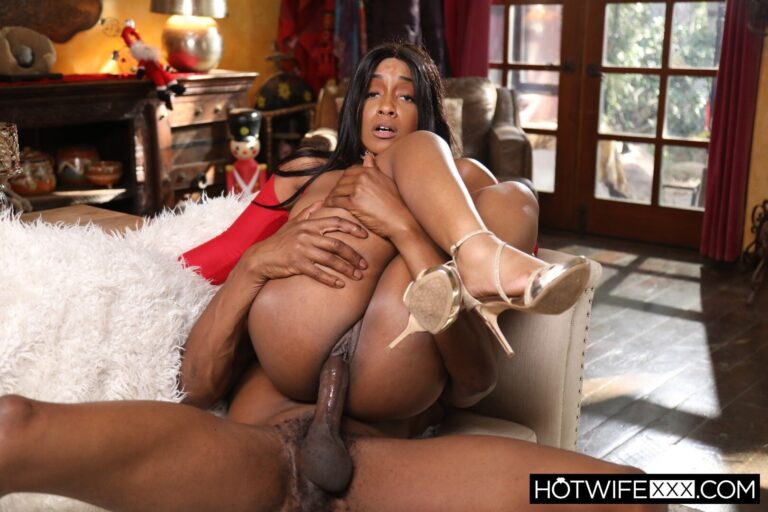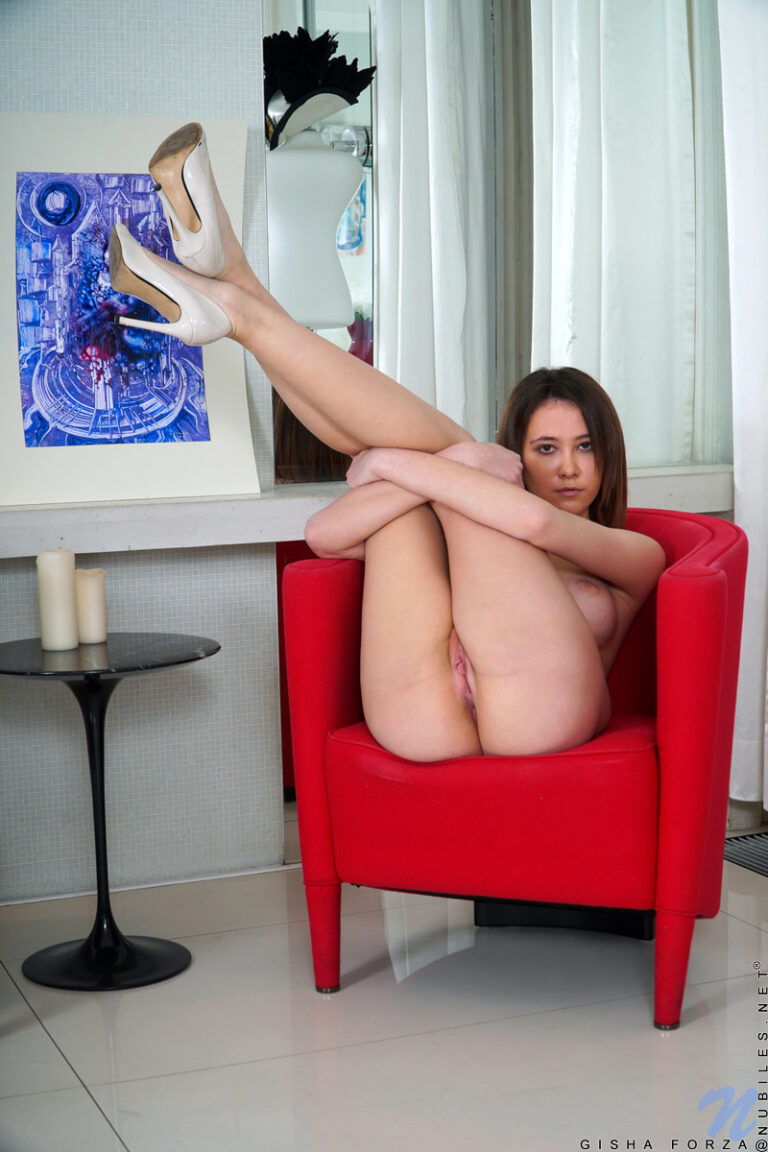The Allure and Impact of Erotic Literature

Erotic literature, often referred to as “erotica,” has been a part of human culture for centuries, from the ancient Greek texts to modern-day novels and short stories. Yet, it remains a topic that is often shrouded in taboo and misunderstanding. This article aims to shed light on the allure and impact of erotic literature, exploring its history, its appeal, and its potential effects on readers.
First, it is important to define what erotic literature is. At its core, it is a genre of literature that is designed to arouse the reader, often through explicit descriptions of sexual acts. However, it is distinct from pornography in that it often has a narrative structure and character development, with the sexual content serving to enhance the story rather than being the sole focus.
The history of erotic literature is a long and varied one, with examples dating back to ancient civilizations. The Greeks, for instance, had a rich tradition of erotic poetry and prose, while the Romans produced explicit texts that were used for educational purposes. In more recent times, the Victorian era saw a boom in the production of erotic literature, with works like “Lady Chatterley’s Lover” and “Fanny Hill” becoming notorious for their explicit content.
So, what is the appeal of erotic literature? For many readers, it provides a safe and private space to explore their sexual desires and fantasies. It can also be a way to learn about different sexual practices and preferences, and can even serve as a form of sexual education. Furthermore, erotic literature can be a powerful tool for exploring issues of power, consent, and desire, offering a nuanced and complex portrayal of human sexuality that is often lacking in other forms of media.
However, it is important to note that erotic adult sex clips literature is not without its potential drawbacks. For some readers, it can lead to unrealistic expectations about sex and relationships, and can even contribute to harmful attitudes towards women and sexual minorities. Furthermore, the explicit nature of the genre can make it difficult to access in some communities, with many bookstores and libraries refusing to stock such materials.
In conclusion, erotic literature is a complex and multifaceted genre that has the power to both delight and disturb. While it can offer a safe and private space for sexual exploration, it can also contribute to harmful attitudes and expectations. As with any form of media, it is important for readers to approach erotic literature with a critical eye, considering both its potential benefits and drawbacks.





